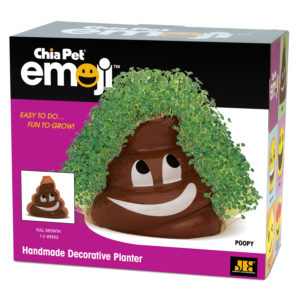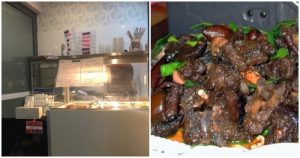When I first became a prof in 1996, Gord Surgeoner took me aside and said, stick close to the farmers.
He introduced me to the Ontario Greenhouse Vegetable Growers and we did some cool work.
 I ran the counties of ag meetings, giving my spiel, and always knowing Gord approved.
I ran the counties of ag meetings, giving my spiel, and always knowing Gord approved.
And behind Gord was Shirley.
Shirley was always gracious, kind to my kids, and would tell me life advice like, Gord goes out and makes the life, I make the life worth living.
From my hometown of Brantford, Ontario (that’s in Canada), Shirley was in the Cockshutt family while I was firmly in the Massey-Ferguson camp.
Gord and I spent a lot of hours on the 401, I watched him practice speeches at 6 am in hotel rooms, and would say, Surgeoner, go back to bed, but Shirley was always on his mind, and he didn’t want to screw up.
Gord’s one of about three people I would drop everything for and fly halfway around the world if I thought I could be of use. The two daughters both worked with me at various times when I was in Kansas, and they each produced some cool science shit.
Here’s the official obit:
Shirley Diane Surgeoner
1948 – 2018
It is with joyful memories and heavy hearts that we announce the passing of Shirley Diane Surgeoner (nee Vaughan). Shirley passed away on September 3rd at Norfolk General Hospital surrounded by her family.
Shirley was born in Brantford Ontario on February 20, 1948 to Audrey (nee Waring) and Edwin Vaughan; the oldest sister to Gary (Patsy) and Lary (Carrie). Shirley attended the University of Guelph where she graduated B.A. Sc. in 1972. She was a great advocate of the University of Guelph and the Mac-FACS-FRAN Alumni Association. Shirley received the prestigious Lincoln Alexander Medal of Distinguished Service in 2002 and the Alumni Volunteer Award in 2011.
For 45 years Shirley was the devoted wife and best friend of Gordon Surgeoner. Shirley and Gordon renovated a beautiful historic home in Fergus ON where they raised their three children: Brae (Luke), Drew (Jen) and Jade (Ben). She left behind a poem that brings us all to tears, but highlights the wonderful life she created at 169 Garafraxa St. E, “There’s a home whose rooms I know by heart. Where I tended the garden and read my books. Where dreams were dreamt and memories made. Where children grew up and I grew old. There’s a home where life was lived. A house where I belong” – Author Unknown. A loving and inspirational mother, she was also the proud grandmother of Aspen, Lily and Rilen.
Throughout her life Shirley maintained a sweet and simple demeanor that won the hearts of many. Her signature gift was that of giving. Shirley gave unconditionally to her family, friends and community. More than anything her family is grateful to her selfless years spent raising her children, supporting her husband and devotedly caring for her aging grandparents and parents. Shirley’s mantra in life was that life can provide many unexpected challenges, so enjoy every day and tell those that surround you how much you love them. She will be missed by many. Cremation has taken place at McCleister’s Funeral Home in Brantford. A celebration of Shirley’s life will be held at a later time to be announced. In her memory donations may be made to the Groves Memorial Community Hospital in Fergus.









